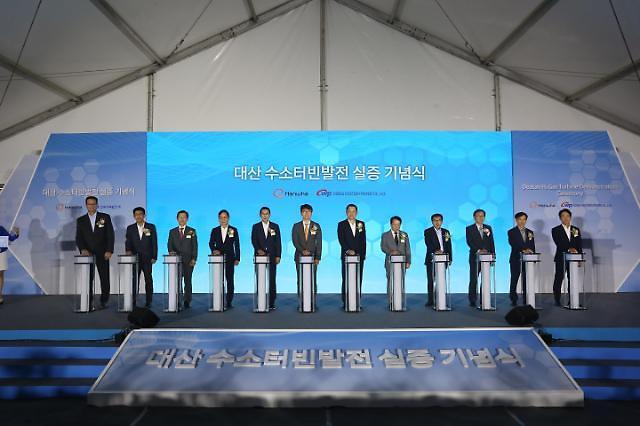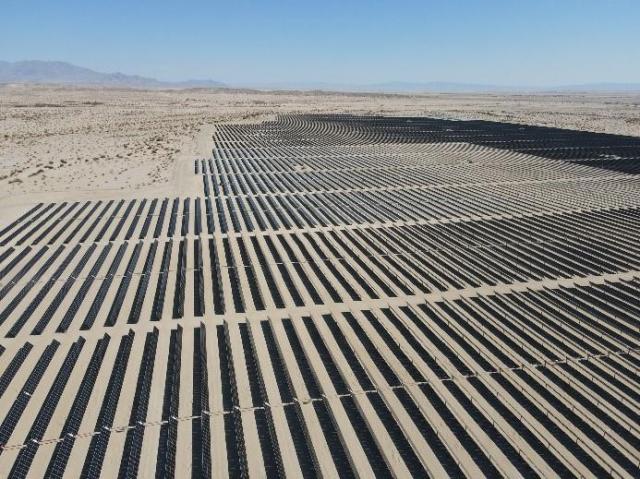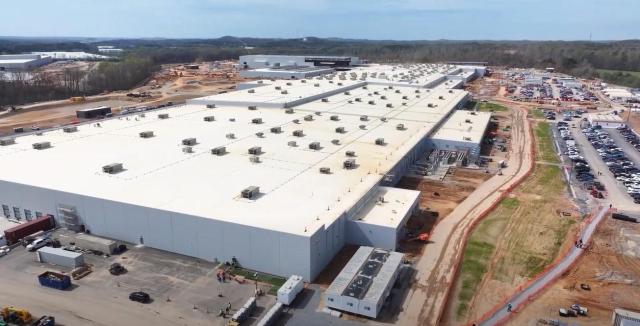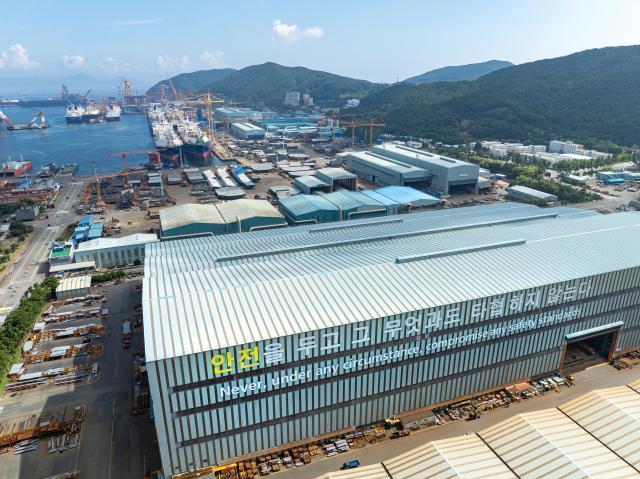
[Courtesy of Hanwha]
Hybrid co-firing gas turbines are being researched across the world in an effort to reduce the dependency on fossil fuels and emission of greenhouse gases including carbon dioxide from thermal power plants. Hydrogen, which is regarded as clean-energy fuel with high potential, does not emit pollution when ignited.
As of 2022, South Korea operated some 60 gas turbines at 13 thermal power plants with an annual generation capacity of about 36,000 megawatts. Coal-fired power generation accounts for the highest proportion of the country's total power generation, standing at 41.9 percent. According to government data, a total of 656.2 million tons of greenhouse gases were emitted in 2020. About 86.8 percent were emitted while generating electricity.
Hanwha said that the company held a celebration ceremony on June 21 to commemorate the successful demonstration of its hybrid gas turbine that uses liquefied natural gas (LNG) and hydrogen as fuel. The company said that its gas turbine achieved a co-firing rate of 59.5 percent and emitted 22 percent less carbon dioxide compared to other fossil fuel-based gas turbines of a similar class.
The South Korean company said that it will utilize data collected through the demonstration for the commercialization of the hybrid gas turbine. Hanwha will lead a state-funded localization project and collaborate with eight other small and medium-sized companies.
"We have made a step closer to the commercialization by proving that our homemade LNG gas turbine is capable of hydrogen co-firing," Hanwha Impact's CEO Kim Hee-cheul said in a statement on June 27.




